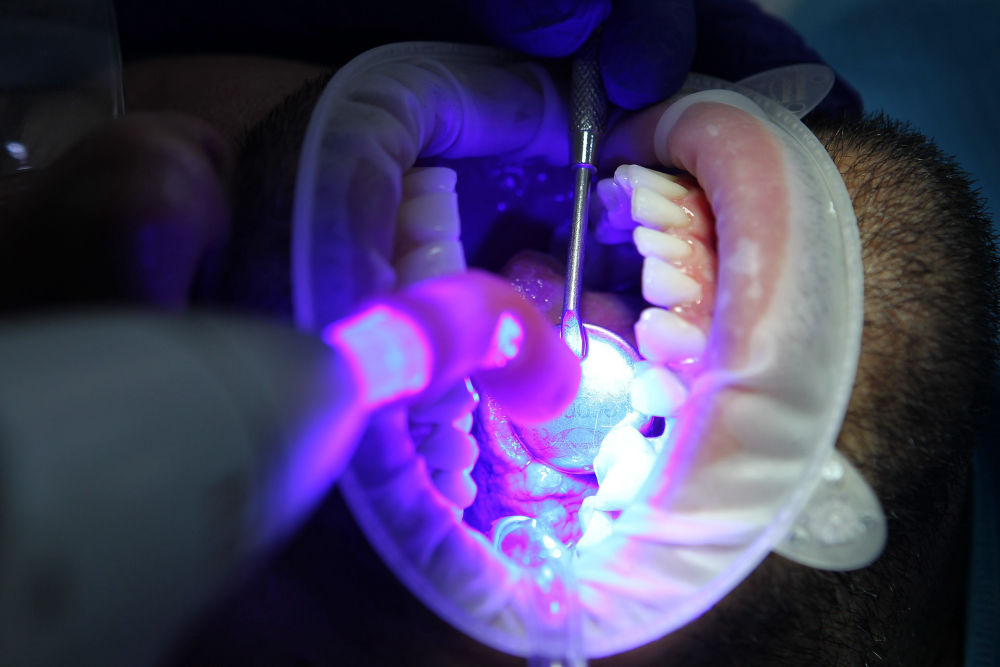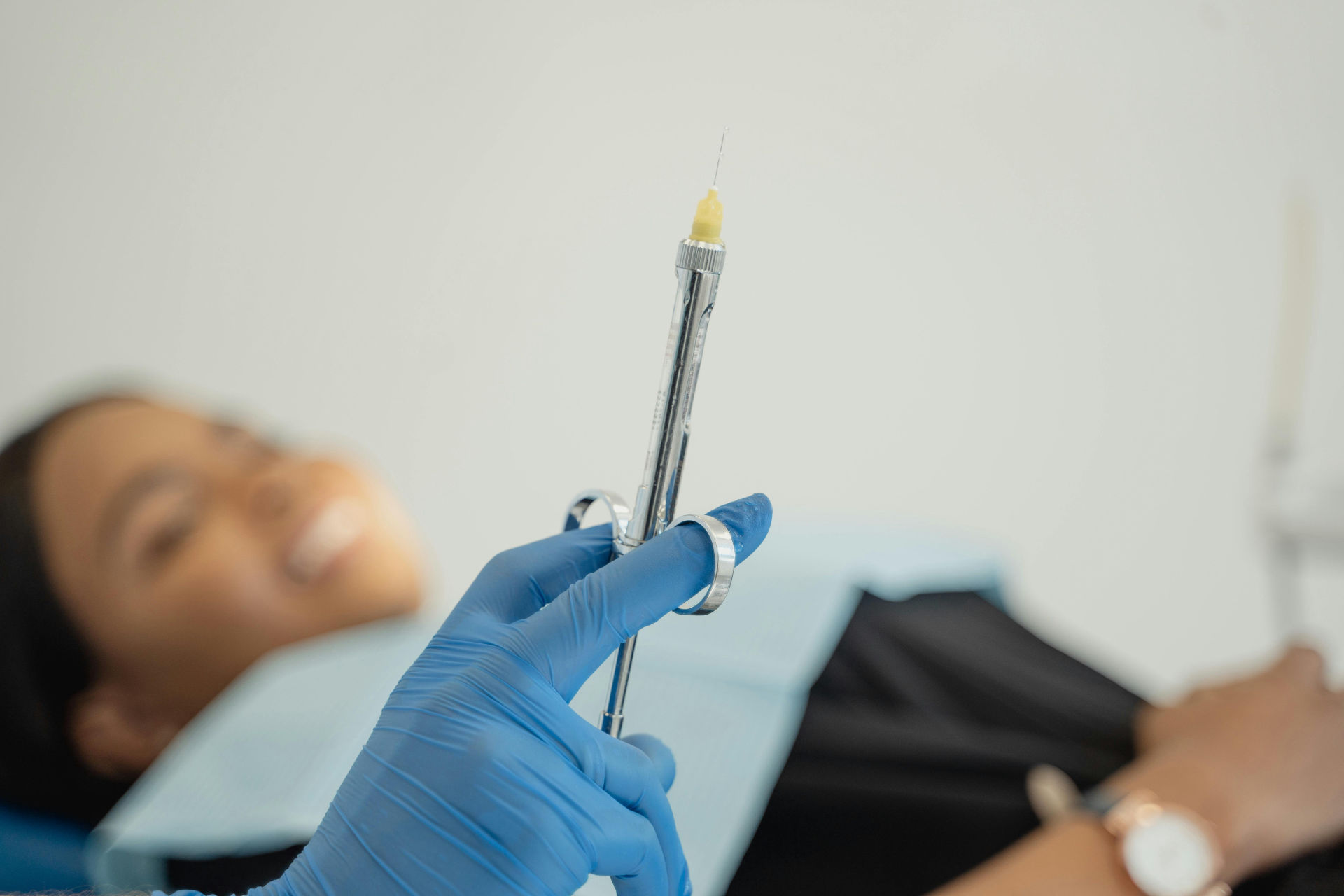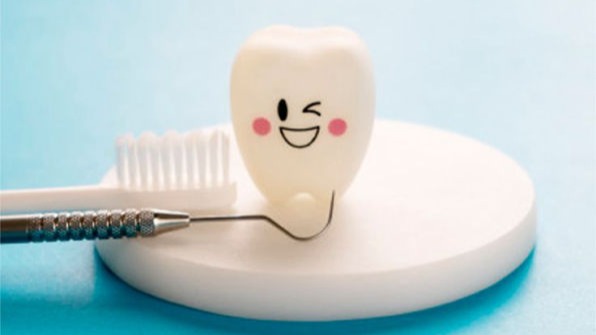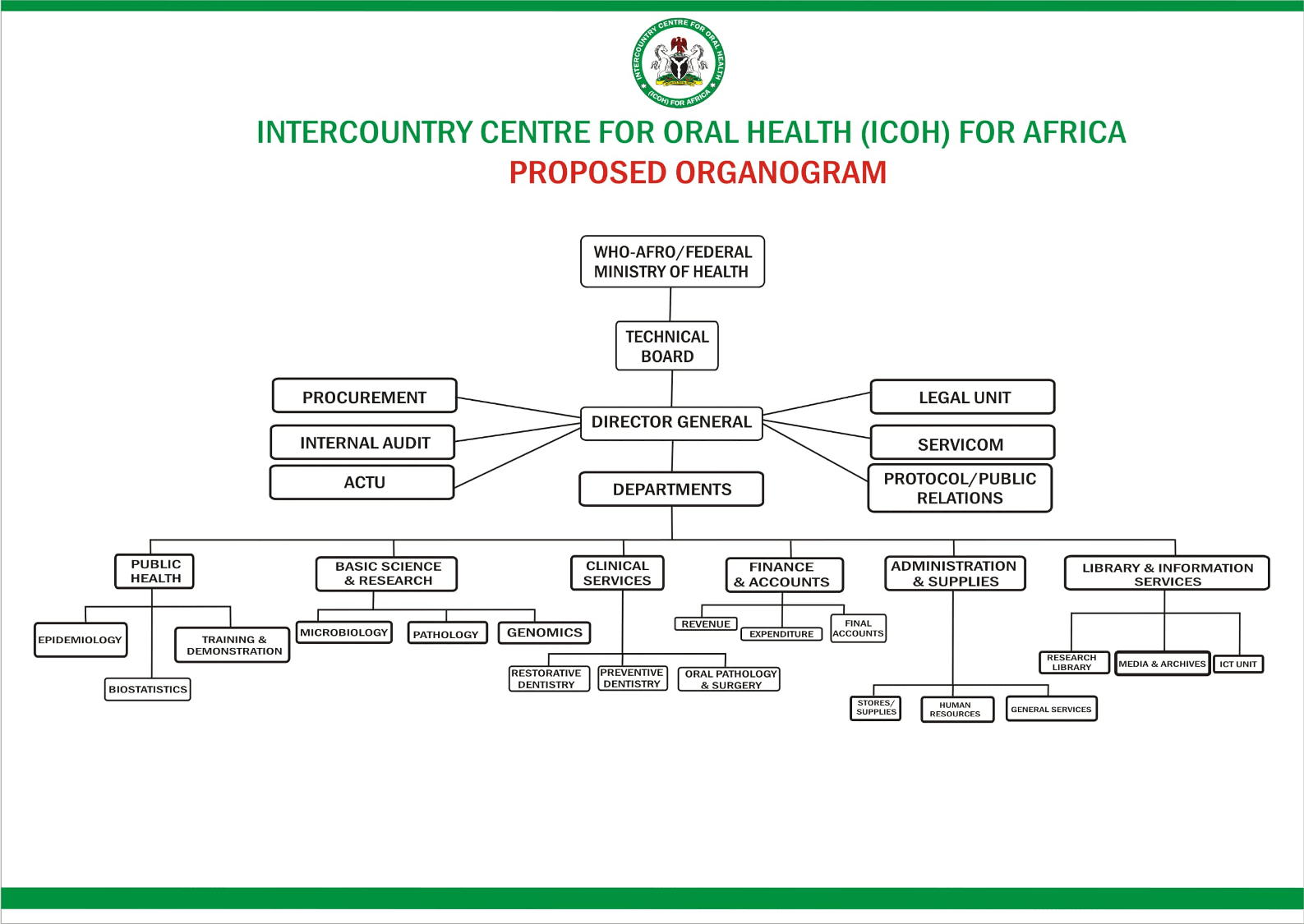Intercountry Centre for Oral Health (ICOH) for Africa
The Intercountry Centre for Oral Health (ICOH) for Africa was established following the recommendations of the International Congress of Oral Health Research Needs and Training in Africa held in Lagos, Nigeria, in February 1982, with the goal of creating a dedicated centre for oral health research, training, and demonstration across the African region.
Following extensive discussions, the Federal Government of Nigeria and the World Health Organization (WHO) signed an agreement to establish the centre. In 1988, ICOH was formally inaugurated in Jos, Plateau State, Nigeria, with a mandate to serve 50 collaborating countries in the African region and all Nigerian states.
In 2000, the Nigerian Federal Government recognized ICOH as a full-fledged parastatal under the Federal Ministry of Health. A subsequent name change was proposed in 2002 to the Regional Centre for Oral Health Research and Training Initiatives (RCORTI) for Africa. However, as this name was not enacted into law, the Centre continues to operate as ICOH for Africa.




